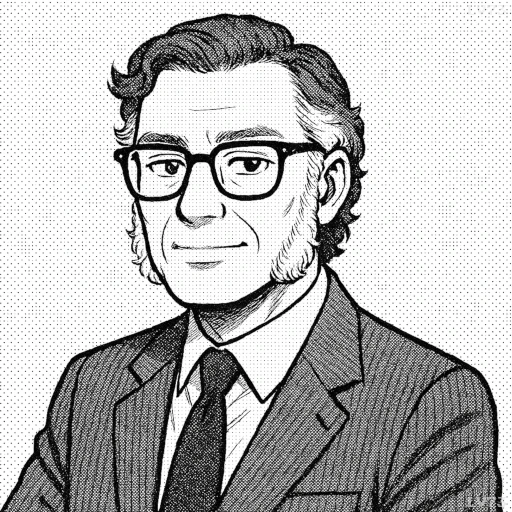“It is not only the living who are killed in war.”

- January 2, 1920 – April 6, 1992
- Born in Russia
- Author, biochemist (professor)
table of contents
Quote
“It is not only the living who are killed in war.”
Explanation
In this profound and sobering quote, Asimov highlights the far-reaching consequences of war that extend beyond the loss of human life. He suggests that war not only results in the deaths of those who are physically alive but also destroys much more—such as culture, knowledge, history, and human progress. The impact of war, Asimov argues, is felt deeply in the destruction of intellectual achievements and the loss of future potential. Whether through the burning of books, the dismantling of institutions, or the interruption of scientific research, war eradicates the very foundations on which societies are built, impacting future generations long after the immediate fighting ends.
Asimov’s own life was shaped by the devastating effects of World War II and the broader context of global conflict during the 20th century. His commitment to reason, science, and education reflected his belief that intellectual and cultural preservation were crucial to human survival and progress. He saw the destruction of knowledge and civilization as an equally tragic consequence of war, noting that the killing of culture and ideas could be just as impactful as the loss of life. Asimov, a writer who deeply valued human progress through science and learning, understood that the destruction of intellectual pursuits left societies less equipped to address future challenges.
In the modern world, Asimov’s quote remains relevant as we continue to witness the devastating effects of war—not just in terms of human casualties, but also in the destruction of cultural heritage, scientific advancements, and social stability. From the destruction of libraries and historical sites to the displacement of scholars and intellectuals, war disrupts the continuous progress of knowledge and human development. Asimov’s reflection calls attention to the importance of preserving intellectual legacy and emphasizes that the true cost of war is not just measured in lives lost, but in the irreplaceable destruction of culture, history, and the possibility of a better future.
Would you like to share your impressions or related stories about this quote in the comments section?

